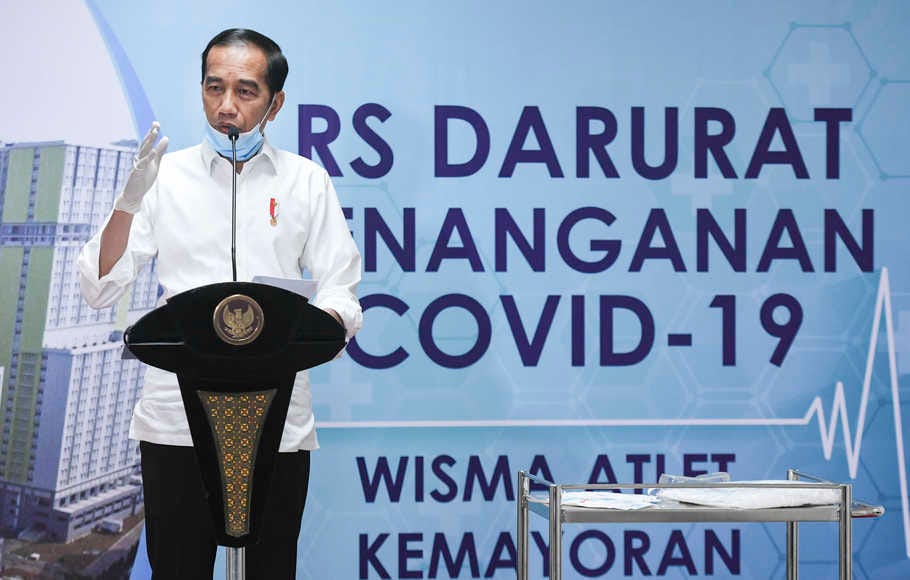Indonesia to Open Economy Despite Coronavirus Spike
Critics say the economy really never closed

By: Ainur Rohmah
In a “new normal” that looks depressingly like the old normal, Indonesia is to begin reopening economic and social activity under health protocols starting in June even though coronavirus cases appear likely to spike upward in the wake of the Eid Al Fitr holiday, which brought thousands of possibly infectious people to Jakarta from the c…
Keep reading with a 7-day free trial
Subscribe to Asia Sentinel to keep reading this post and get 7 days of free access to the full post archives.
